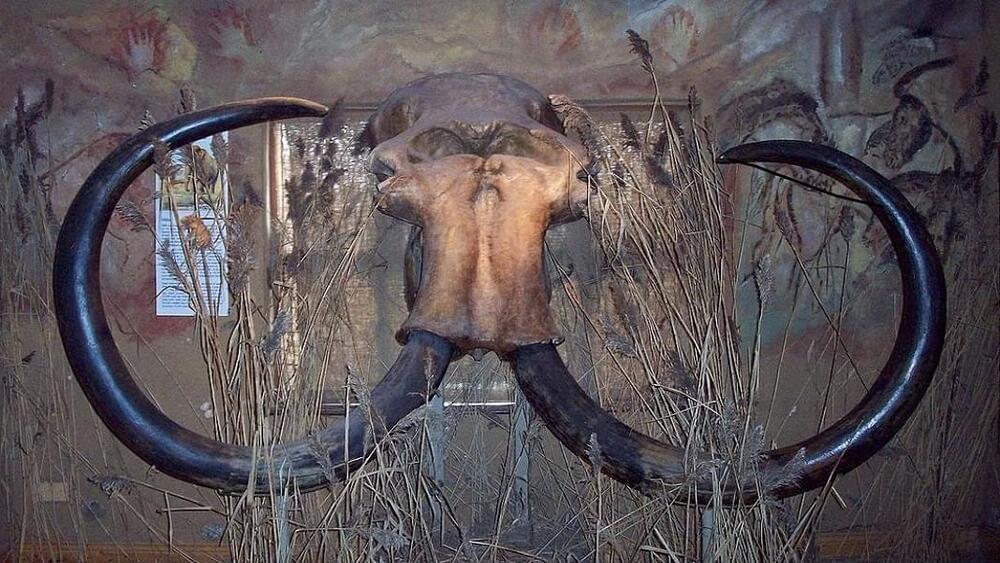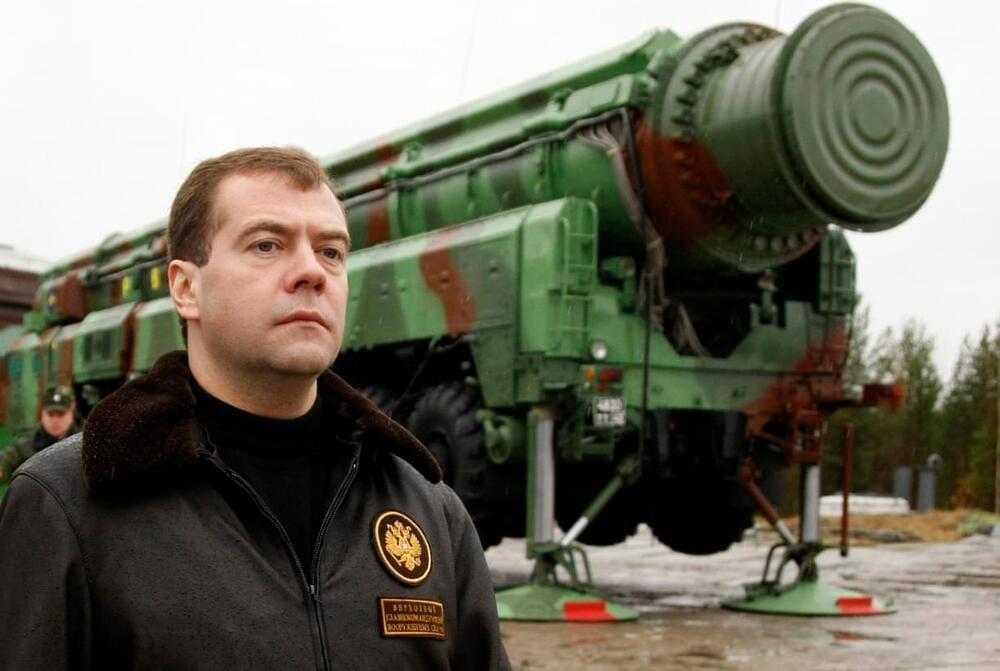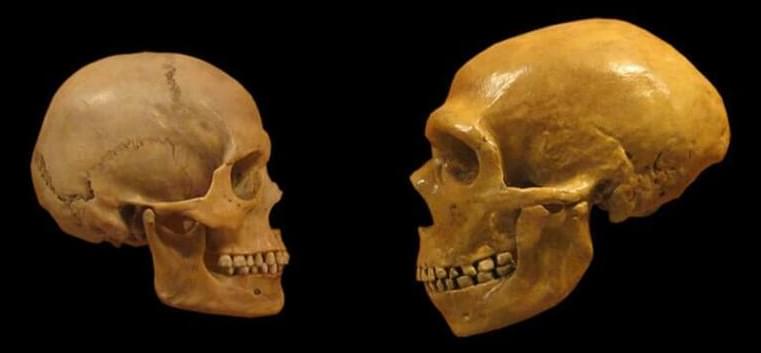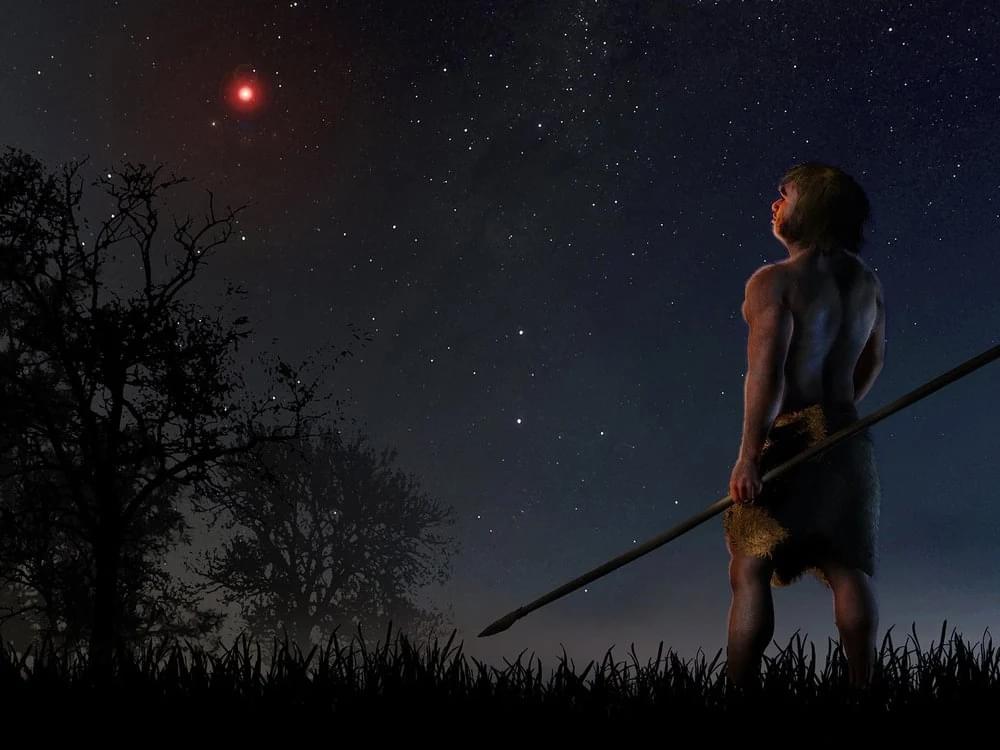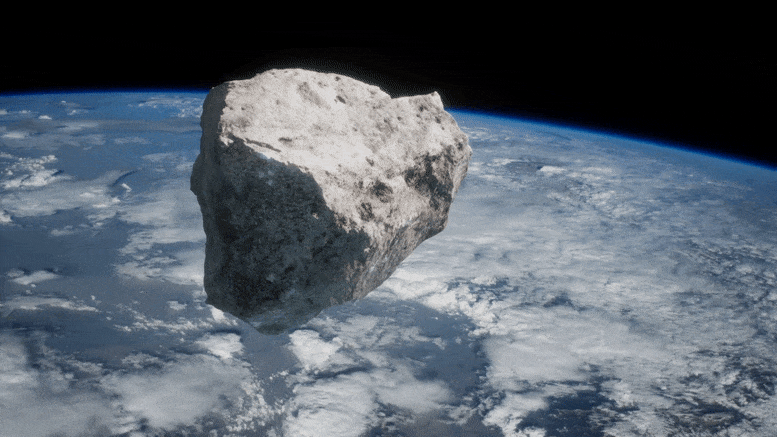Is he planning to burn everything down if he can’t win?
Russian President Vladimir Putin has reportedly ordered a nuclear war evacuation drill amid the war in Ukraine. A nuclear war evacuation drill is the process in which people are taken to safe places to prepare for the eventuality of nuclear war. The purported directive comes amid fears of President Putin resorting to extreme measures to force a decisive victory in the Ukraine war.
#russia #russiaukrainewar #nuclearwar.
00:00 — Introduction.
00:28 — Putin Orders A Nuclear War Evacuation Drill.
01:06 — Kremlin Generals ‘Shocked’ By Order.
02:21 — Putin’s Nuclear Threats And Speculation About Family.
04:03 — Russia’s Hypersonic Missile Attacks In Ukraine.
Follow CRUX on Instagram (@crux.india): https://bit.ly/3qSFx1K
Follow CRUX on Facebook: https://bit.ly/2Lte7iF
#GetCloserToTheNews with latest headlines on politics, sports and entertainment on news18.com https://bit.ly/2Y4QccL
Also watch:
